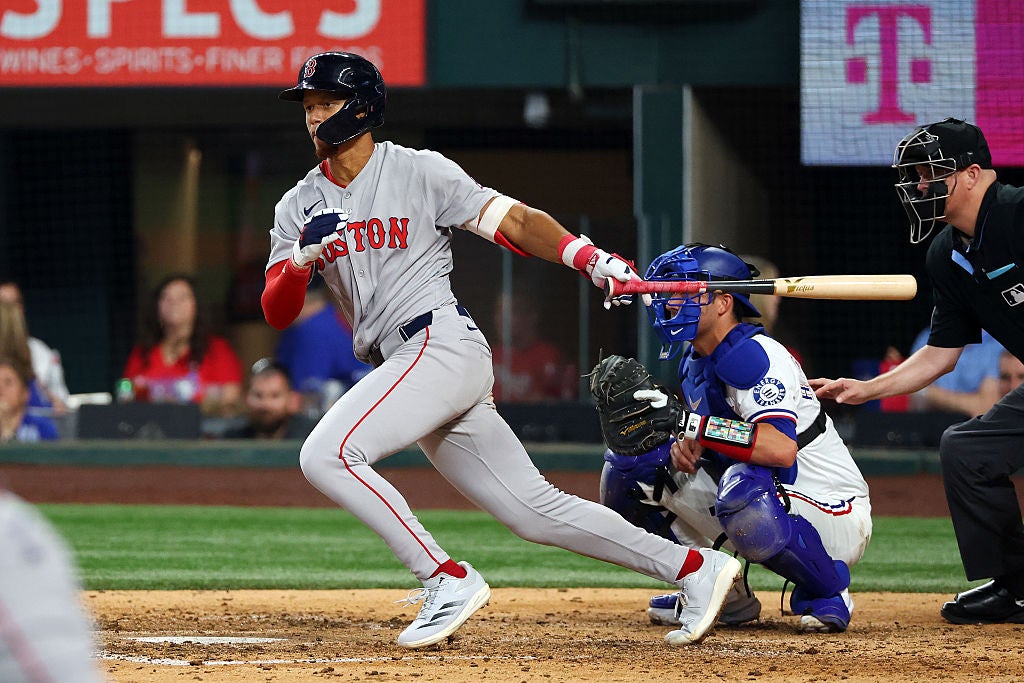Mazz: Instant analysis of the Kristian Campbell contract with the Red Sox
Let’s make this much clear: if we’re to do honest, instant analysis of the Kristian Campbell contract, we need to see look at it from both sides.
It’s an excellent, great deal for the Red Sox.
Campbell is going to regret it.
Does that mean Campbell shouldn’t have signed? I’m not going to question his motives. I have no idea what financial pressures he or his family has, what concerns may exist in his life. But I can blame his agent, who may (or may not) have tried to dissuade his client from committing himself to far less money than he could be worth.
Ask yourselves this: when was the last time a positional prospect had a career-ending injury before the age of, say, 30 – maybe even 35? And what are the chances of it happening? The right answers: I’d have to really think about it … and not very high. Maybe next to zero. If Campbell was going to sign now, he should have been seeking something akin to what the Tampa Bay Rays gave Wander Franco following the 2021 season, Franco’s first in the majors. That’s when Franco signed an 11-year, $182-million contract.
Franco has since encountered serious criminal charges that have derailed his career, but that was his fault. There was no career-ending injury from his play. There was no fluke event. According to reports, the Rays stopped paying his contract.
Want more? In 1998, after his extraordinary rookie season, Nomar Garciaparra signed a five-year contract with two option years that basically amounted to seven years total at about $45 million. Not long after, Derek Jeter and Alex Rodriguez signed contracts worth $189 million and $252 million. Garciaparra understandably grew annoyed, became resentful and ultimately pouted his way out of Boston.

Now, before you focus on what went wrong with those players … don’t miss the point. The point is that the contracts for many of those players were bigger – by a lot. In the case of Garciaparra, whether he left the Red Sox or not, the decision to sign that early cost him money. Lots of it.
Here’s the other thing: Campbell was already under Red Sox control through the 2030 season. I don’t expect all fans to know the ins-and-outs of baseball’s collective bargaining agreement, but the Red Sox own him for six year no matter what. Purely as an example, Alex Bregman made about $40 million in salary over the first six years of his career and he started his career in 2017. Campbell is starting eight years later and the major league average salary is now over $5 million. He gave up all control over his destiny – for up to eight years instead of just six – for a guaranteed $20 million.
He should have gotten more.
A lot more.
As a fan should you care about any of this? No. You should be happy because the Red Sox may now have more money to spend elsewhere in the future. Again, it’s a good deal for the Red Sox. Even in Campbell completely flames out – and that seems highly unlikely – he would cost the Red Sox only about $7.5 million for year in luxury tax payroll through 2030. That is well worth the risk and the Red Sox know it.
That’s why they jumped at this deal.




